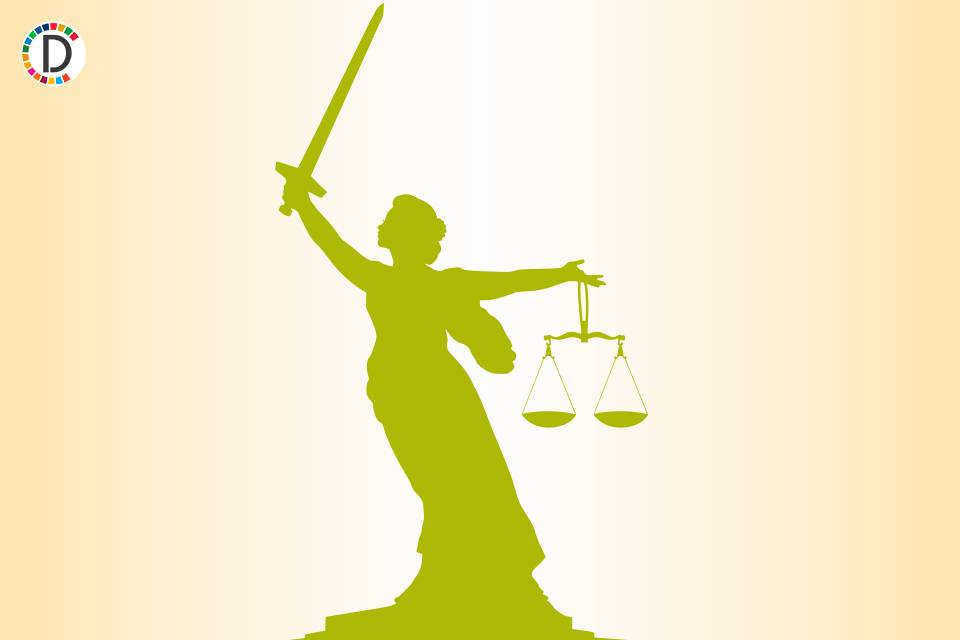Hebe de Bonafini, the mother who defied Argentina's dictatorship, dies at 93
Hebe de Bonafini, the iconic co-founder of Argentina's Mothers of Plaza de Mayo and a staunch fighter against the human rights violations committed during the country's military dictatorship in the 1970s and 1980s, died on Sunday at the age of 93. Bonafini became one of Argentina's most famous human rights activists when she and 13 other women began searching for their children who were kidnapped by security forces during the dictatorship.

Hebe de Bonafini, the iconic co-founder of Argentina's Mothers of Plaza de Mayo and a staunch fighter against the human rights violations committed during the country's military dictatorship in the 1970s and 1980s, died on Sunday at the age of 93.
Bonafini became one of Argentina's most famous human rights activists when she and 13 other women began searching for their children who were kidnapped by security forces during the dictatorship. She died on Sunday morning, her daughter said in a statement. She lost her two sons during the so-called "Dirty War" in which an estimated 30,000 opposition activists, academics, and political dissidents were killed or forcibly disappeared. Her two sons were never found and are presumed dead.
Since their first protest on April 30, 1977, the Mothers of Plaza de Mayo, a group identified by the white scarves they wore during weekly marches in capital Buenos Aires, played a crucial role in defending human rights in the country. The women's group faced death threats and some were kidnapped and killed themselves.
"They arrested us, they beat us, we came with wigs so they couldn't identify us," Bonafini told Reuters in 2007. Argentina's Vice President Cristina Fernandez de Kirchner lamented Bonafini's passing on Twitter and the government called for three days of national mourning.
"Dearest Hebe, Mother of Plaza de Mayo, you are a world symbol of the fight for Human Rights, and a pride of Argentina," Fernandez de Kirchner wrote. Bonafini divided opinion among some for her blunt and at times controversial views.
She once expressed support for the Sept. 11, 2001, attacks on the United States and said Pope John Paul II would burn in hell for expressing solidarity with the mothers of imprisoned separatists from the Basque group ETA. In 2011, a corruption scandal linked to affordable housing also tarnished Bonafini's public image.
But more than 40 years after their first march, the Mothers of the Plaza de Mayo remains a powerful symbol in the South American country, continuing to hold gatherings to seek justice. "The Argentine government and people recognize in her an international symbol of the search for memory, truth and justice for the thirty thousand disappeared," the office of President Alberto Fernandez said in a statement.
"As founder of the Mothers of Plaza de Mayo, she shed light in the middle of the dark night of the military dictatorship."
(This story has not been edited by Devdiscourse staff and is auto-generated from a syndicated feed.)










